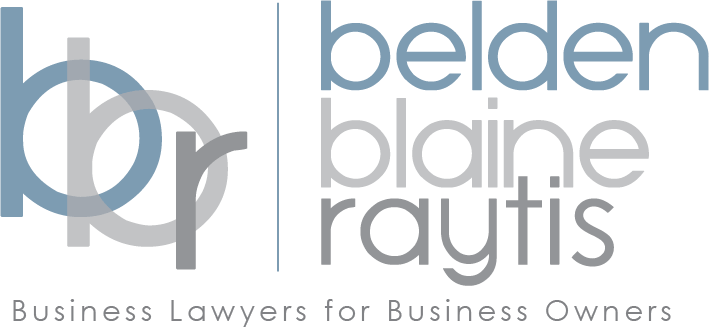CARES Act Offers Financial Relief for Small Businesses, Including Increased Debt Limits for Small Business Reorganizations to $7.5 million.
Many years ago, Congress created a streamlined process for small businesses to reorganize and restructure their obligations that was faster, cheaper, and far more likely to succeed than using the full-blown Chapter 11 process. That process was more suited to large bankruptcies, like PG&E and Enron than it was to smaller businesses like the majority of my local clients seeking assistance in reorganizing. However, only companies with about $2.0 million in debt were eligible to use this streamlined process and most small businesses owed far more than that when real estate loans, credit lines, and vendor debt were all included.
That all changed when President Trump signed into law the “Coronavirus Aid, Relief and Economic Security Act” (CARES Act). One of the lesser known parts of the CARES Act is that it temporarily increased the eligibility threshold for small business reorganizations to $7,500,000. This opens the door for many more businesses to use this procedure, which is designed for them and is more likely to succeed than a traditional Chapter 11.
Filing bankruptcy is a drastic option and workouts or informal restructures are many times preferable to filing a formal reorganization case. However, with this increase in the Small Business Chapter 11 limit, small businesses will have another arrow in their quiver and, if necessary, a useful tool for reorganizing their obligations, keeping their businesses alive, and their employees employed.
